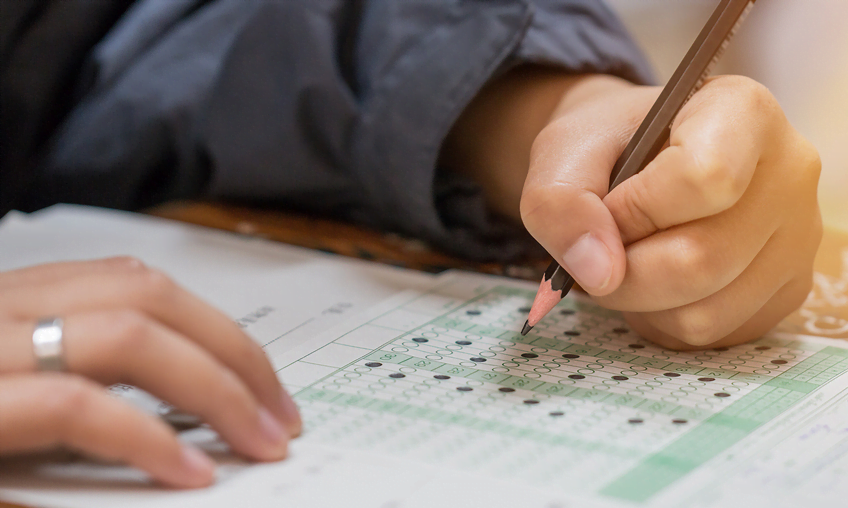Standardized testing is a common method of evaluating student performance and academic achievement in many countries around the world. The use of standardized tests has been a topic of debate among educators, policymakers, and parents for many years. Some argue that standardized testing provides valuable information about student learning and can help identify areas where improvements are needed. Others believe that standardized testing is a flawed approach that fails to account for the diversity of student learning styles and abilities. In this essay, we will explore the pros and cons of standardized testing.
Table of Contents
The Significance of Standardized Testing in Modern Education
Standardized testing is a widely used method of evaluating student performance in many educational institutions around the world. These tests are designed to measure student learning and academic achievement in a consistent and objective manner. The results of standardized tests are often used to hold schools, teachers, and students accountable for their academic progress, and to identify areas where additional support and resources may be needed.
However, the use of standardized testing is not without controversy, as some argue that it is a flawed approach that fails to account for the diversity of student learning styles and abilities. Despite this, standardized testing remains an important tool for educators and policymakers to assess student performance and inform instructional decisions.
Pros of Standardized Testing:
- Objectivity: Standardized tests are designed to be objective, which means that all students are evaluated using the same criteria. This eliminates the potential for bias or subjective grading.
- Accountability: Standardized testing provides a means of measuring student performance and holding schools, teachers, and students accountable for their academic progress.
- Comparison: Standardized tests can be used to compare the performance of students from different schools, districts, or countries. This can help identify areas where improvements are needed and provide a benchmark for academic achievement.
- Feedback: Standardized testing provides feedback to students, parents, and teachers about student strengths and weaknesses. This can help identify areas where additional support is needed and inform instructional decisions.
- College Admission: Standardized test scores are often used as a factor in college admission decisions. High scores on standardized tests can increase a student’s chances of being accepted into a desired college or university.
Cons of Standardized Testing:
- Limited Assessment: Standardized tests provide a limited assessment of student learning and do not account for differences in learning styles, interests, or abilities.
- Stress: The pressure to perform well on standardized tests can cause stress and anxiety for students. This can lead to a negative impact on academic performance and mental health.
- Teaching to the Test: The emphasis on standardized testing can lead to a focus on test preparation rather than a more comprehensive and meaningful education.
- Inaccurate Results: Standardized tests are not always an accurate measure of student learning or academic achievement. Factors such as test anxiety, cultural differences, and language barriers can impact test results.
- Limited Feedback: Standardized tests provide limited feedback on student performance and do not provide information on specific areas where students need additional support or intervention.
Conclusion:
The use of standardized testing is a controversial issue in education. While standardized tests can provide valuable information about student learning and academic achievement, they are not without limitations. Standardized tests are objective, provide accountability, and can be used to compare student performance. However, they can also cause stress, encourage teaching to the test, and provide limited feedback on student performance. It is important for educators, policymakers, and parents to consider the pros and cons of standardized testing and to use multiple measures of assessment to gain a more comprehensive understanding of student learning and academic achievement.


You may like it
CCC-SLP Meaning: Understanding the Credential in Speech-Language Pathology
How to Sign Up Phone Number for Spam Calls and Texts from Telemarketers as Revenge on Someone
Free Touch Screen Government Phones: List of Providers & How To Get
Men Not Going to College: Understanding the Reasons Behind the Trend
what grade do you need to pass a class in high school ?
What is a Passing Grade in High School: Understanding the Minimum Requirements